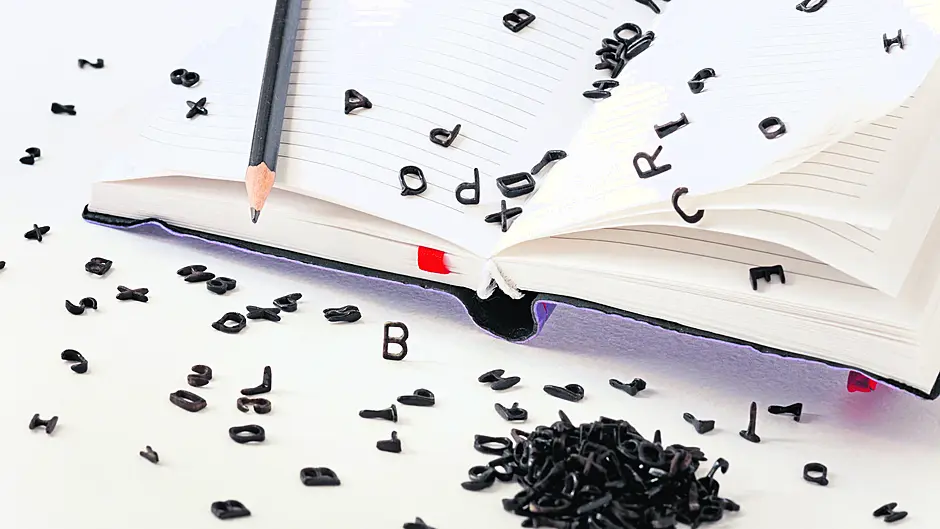A KINSALE-based women with dyslexia was motivated to set up an organisation to help prevent other students from facing the same challenges that she had growing up.
Una Healy is the founder of Blossom4life, which provides supports to students with learning differences across Ireland and internationally. She’s also a guest lecturer in MTU.
As this is dyslexic awareness month, and with Christmas exams fast approaching in both secondary school and college, she shares her top tips for dyslexic students:
Prepare: getting organised as early as possible is essential to reduce stress and last-minute cramming. Ideally create a study plan of all the topics that you need to cover and set realistic goals for completing such eg plan to complete a certain chapter on Wednesday between 6-7pm.
Maintain balance: around exam times students can forget about the basics such as exercise, sleep and nutrition, all of which are fundamental for concentration and memory. Therefore it is very important to allow for other activities during exam season.
Perfection: often high achievers want the highest marks possible and will do everything possible to achieve this. While this determination is admirable it is very important to recognise that things don’t always go as planned and as long as we try our best, no matter what the result it, that is more than ‘good enough.’
Celebrate the achievements: when finishing a chapter or grasping a new concept, celebrate this. Such celebrations don’t have to be anything elaborate, it can be having your favourite food or seeing a friend but be sure to pat yourself on the back for achieving small goals too.
Mind maps: there is a set process for creating useful mind-maps and most people don’t think about this when creating them. Especially for students with learning differences, mind maps need to be laid out in a certain format to be retained in both their short and long-term memory. If you want to learn more about this process, get in touch. Overall, mind maps and flashcards can be very useful the day before and the morning of an exam.
Technology: there is constant change within this sector and it is greatly effecting the education system. Since Covid, technology is used more and more in everyday contexts such as delivering notes, online classes and exams. For students with learning differences, technology can be a hugely valuable asset, saving them a great deal of time and frustration. However, it is very important to only select a few pieces of technology that is suitable for that student. For example, not every student will benefit from typing or from using speech to text software.Therefore, obtaining two or three tools that can be used easily is better than having all the applications on a device but not using any of them!
Time: one of the most important things when dealing with exams is time. Start time, finish time etc. For a lot of students, core understanding of time can be quite complex. Lots of students can be unrealistic about what they can write or type in a certain time frame. So practising exam questions within the allotted time that they might have in an exam setting, is to be encouraged. Additionally, wear a traditional watch, not smart watches because they often are not allowed in exam settings. Putting the watch on the table in front of you and setting yourself a realistic time frame for completing the question, allows then for time to read through the paper both at the start and at the end.
• Blossom4life, founded by Una Buckley, based in Kinsale provides tuition and ongoing support to students with learning difficulties such as dyslexia, autism to name a few, while working with students of all ages. See www.blossom4life.com









